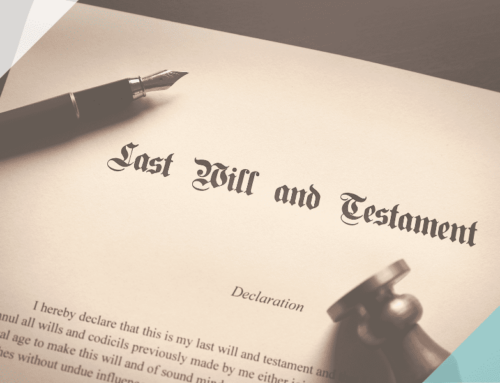Losing a loved one is a difficult time, and it can amplify tensions when it comes to matters of Wills and inheritance. In such circumstances, it becomes crucial to carefully weigh the decision of challenging the Will and consider the following factors:
- Has a grant of probate been granted yet?
- Has the administration of the estate already begun?
- Can a challenge be initiated within the specified legal time limits?
- If the Will is successfully challenged, would you receive benefits according to a previous Will?
- Are you eligible to pursue a challenge to the Will?
- Is the financial cost of challenging the Will reasonable in relation to the potential gain if the challenge is successful?
- Is there a possibility that challenging the Will could result in emotional distress or strain on relationships?
Limitation Periods
When challenging the validity of a Will, it is important to be aware of the limitation periods. Generally, a claim must be brought within 12 years after the person’s death. However, initiating a challenge becomes more challenging once the estate administration has been completed and assets have been distributed. For a claim under the Inheritance (Provision for Family and Dependants) Act 1975, it must be brought within 6 months of the grant of probate or letters of administration being issued. Seeking advice at the earliest opportunity is highly recommended if you plan to challenge a Will.
Eligibility to Challenge the Validity of a Will
To bring a claim challenging the validity of a Will, you must have the necessary standing. This means that you must benefit from setting aside the Will and receive a greater benefit under a former Will or the rules of intestacy. If you do not stand to benefit, you will not be eligible to challenge the Will‘s validity.
The Process of Challenging a Will
Challenging a Will involves thorough investigations, which can be time-consuming. Successfully challenging the validity of a Will often requires presenting specific and extensive evidence. Courts adopt a stringent approach to validity challenges, especially considering that most modern Wills are professionally drafted. Delays may occur if there are concerns about the deceased’s mental capacity, as medical records may need to be reviewed. Assessing the prospects of success for your claim is crucial during the investigation stage.
Protecting Your Interests
If probate or letters of administration have not yet been granted, and there is a potential claim to challenge Will’s validity, entering a caveat against the estate can be a protective measure. This prevents the grant of probate or letters of administration from being issued and stops the executors from administering or distributing the estate. A caveat can remain in place until the dispute is resolved and can be withdrawn if the claim is deemed without merit.
Considering Cost and Relationships
Challenging a Will can incur significant costs, and it is important to assess whether the potential gain justifies the expenses, particularly if the estate is modest. It is crucial to manage costs and maintain proportionality throughout the process. Additionally, it is vital to consider the potential impact on relationships. Challenging a Will can create emotional distress and strain family dynamics. It is a complex decision that requires commitment and careful consideration of the consequences.
In conclusion, challenging the validity of a Will is a complex undertaking. It is crucial to evaluate the legal, financial, and emotional aspects involved. Seeking professional advice is highly recommended to navigate the process effectively.
Remember, challenging a Will is a complex and sensitive matter. It’s essential to approach it with a clear understanding of your rights and obligations. Our dedicated team is here to help protect your interests and ensure that your voice is heard throughout the process, to receive a quote email laura.harrington-rutterford@attwells.com





